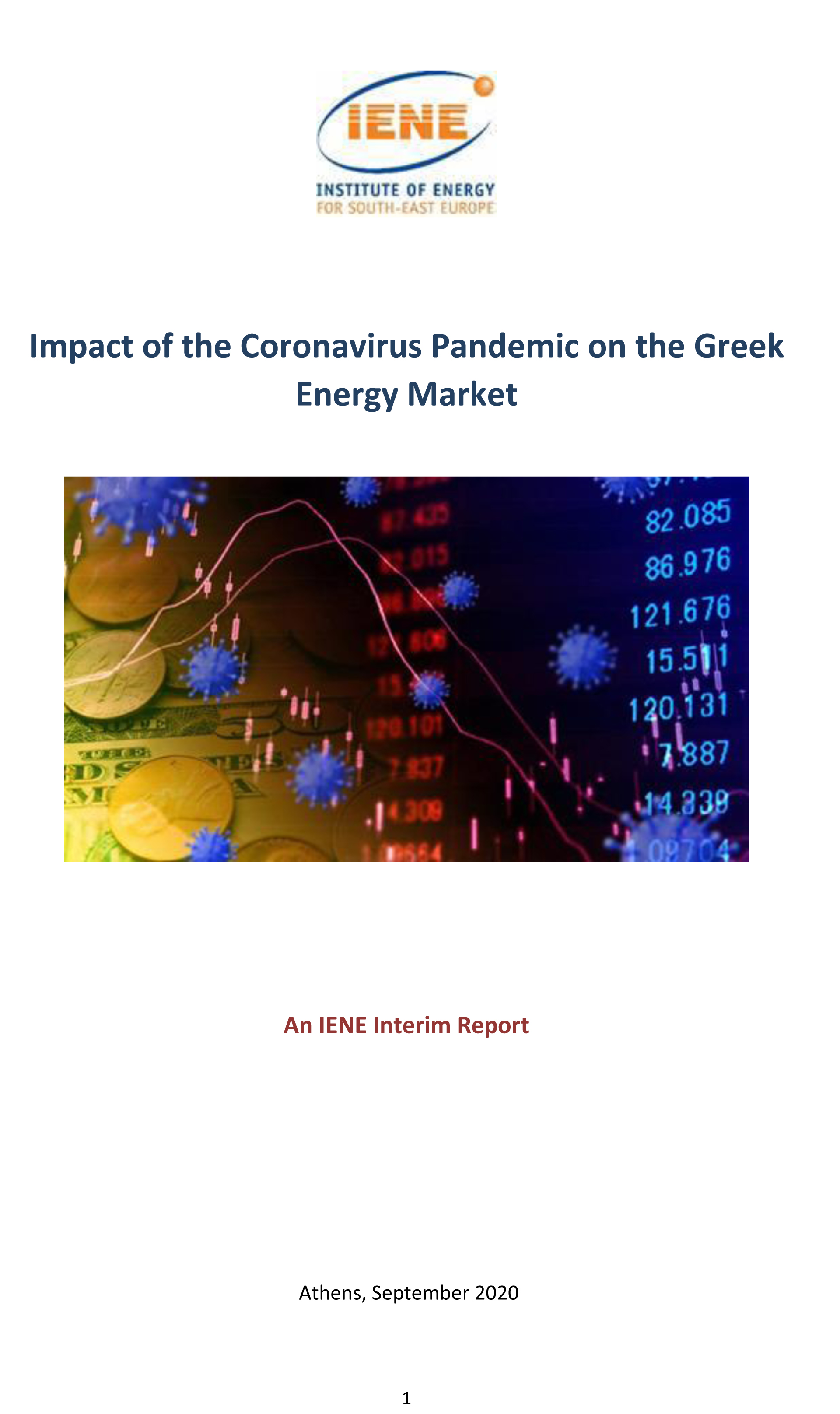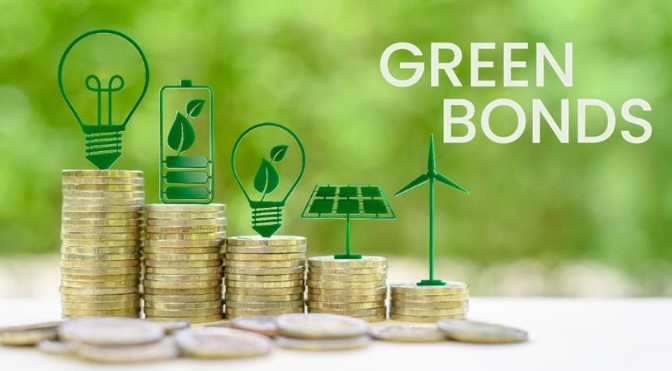Following an initial release of the report in Greek on September 10, the Institute has now released the report in English (https://www.iene.eu/articlefiles/special%20report.pdf). First looking at the global perspective of COVID-19’s impact on the energy sector, the report then focuses on the repercussions on the Greek energy market.
Following an initial release of the report in Greek on September 10, the Institute has now released the report in English (https://www.iene.eu/articlefiles/special%20report.pdf). First looking at the global perspective of COVID-19’s impact on the energy sector, the report then focuses on the repercussions on the Greek energy market.
Discussing the report, the Chairman and Executive Director of the Institute, Mr. Costis Stambolis, noted that "apart from the significant economic, social and political implications at global and national level, the spread of the coronavirus has immensely affected the energy sector. The most obvious impact has been the sudden and sharp drop in demand, which affected all energy markets, resulting in a significant decline in prices, especially in the oil sector, but also affecting gas and to a lesser degree, electricity."
Among other things, the report points out that the COVID-19 pandemic has adversely affected the electricity and n. gas markets, hydrocarbon exploration, the construction and maintenance of energy and industrial units (power generation, refining, transportation), electricity providers and oil trading companies, as well as oil and gas producers, and the manufacturers and installers of photovoltaic panels, wind turbines, and batteries and related equipment.
As underlined by IENE’s Head of Research, Mr. Dimitrios Mezartasoglou, "the scope of this interim report was to investigate the ways in which the Greek energy system responded to the spread of the pandemic and how it was affected by various restrictive measures, while maintaining the reliability and its smooth operation. At the same time, the report is a record of events that have taken place in the broad energy sector during the period when the coronavirus epidemic was in full swing. A clear understanding of what really happened helps formulate appropriate policies in order to be able to deal with similar crises in future.”
As the coronavirus pandemic continues unabated, with a second wave now unraveling (September 2020), the present report can only be considered as interim. IENE closely monitoring the situation as it unfolds, not only in Greece, but also in the rest of SE Europe, and assesses the impact upon the energy sector. Once the current wave completes its course the Institute plans to prepare and issue a more comprehensive report.
According to IENE, themaineffects of the coronavirus pandemic on the Greek energy market can be summarized as follows:
•The coronavirus crisisgreatlycontributed inacceleratingchanges in consumer and business behaviour, with the adoption of new business models, further digitalization, travel restrictions, home working, telework, e-commerce, etc. These changesresulted inasharp dropin energy consumption, whichin turnaffected and will furtherimpact on theenergy sector, butat the same time couldfacilitate thefullfilmentof energy and climate policy objectives.
•The systemic risk of consumer insolvency, especially in the electricity sector increased significantly, especially during the initial outbreak of the pandemic. Maintaining a satisfactory rate of collection of electricityand gasbillsproved to be akey factor for the smooth operation of the system, as alikelyfailure to control it couldhaveresulted inchain effectspossibly undermining the stability of the whole energy system.
•The already significant degree of digitalization and automation, which has been introduced inGreece’senergy systemin the past years,proved to bea key factor in maintainingitssmooth operation. This development was observed both in thetransmission anddistribution of electricity (ie. HEDNOandIPTO)and in the transmissionof natural gas (ie.DESFA).
•Reduced energydemand has weakened the forces influencing pollutant prices.In conjunction with the recent decline in international oil and gas prices,and shouldthesebekept lowover the next few months, they may compromisethe competitive position of RES and energy efficiency investments.
•The uncertain prospects of the global and national economymay induceenergy companies to moveeven more cautiouslyand possibly postponesomeinvestment plans.
•The planningand executionofa number oflarge investmentprojects in Greece undertaken by majorenergy companies was not particularly affected, exceptin certain cases(eg FSRU Alexandroupolis, PPC Ptolemaida 5 Power Plant,regional gas networks) while most of the large investments(e.g. electricinterconnection of Crete,theIGBgas interconnectoretc.)progressed according to schedule.




